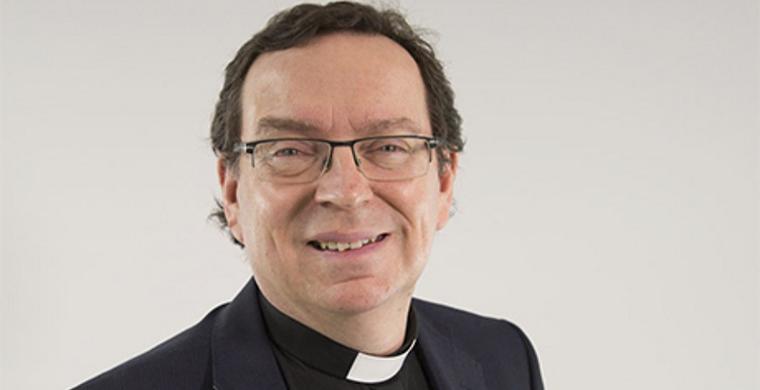ENGLAND: Bishop Mountstephen calls for sanctions on countries which persecute Christians
by Archbishop Cranmer
https://archbishopcranmer.com/
July 7, 2019
The Bishop of Truro Philip Mountstephen has finally published his independent report on persecuted Christians across the world, and it doesn't disappoint. The review was commissioned by Foreign Secretary Jeremy Hunt last December, and launched in January, and the intervening six months have been worth the wait, not least for its impeccable justification:
..this particular focus is justified because Christian persecution, like no other, is a global phenomenon. And it is so precisely because the Christian faith is a truly global phenomenon. Thus Christian persecution is not limited to one context or challenge. It is a single global phenomenon with multiple drivers and as such it deserves special attention. More specifically it is certainly not limited to Islamic-majority contexts. So this review is not a stalking horse for the Islamophobic far-right, and nor does it give the Islamophobic right a stick to beat Islam with. To focus on one causative factor alone is to be wilfully blind to many others.
..Because the Christian faith is perhaps the one truly global faith it has become a bellwether for repression more generally. If Christians are being discriminated against in one context or another you can be confident other minorities are too. So renewing a focus on Christian persecution is actually a way of expressing our concern for all minorities who find themselves under pressure. And ignoring Christian persecution might well mean we're ignoring other forms of repression as well.
Bishop Philip not only calls for the UK to impose sanctions upon countries that persecute Christians, but also for the adoption of a specific definition of anti-Christian discrimination and persecution. Since the Government has refused to adopt a specific definition of Islamophobia, and the definition of Antisemitism is not without contention, it will be interesting to see how anti-Christian discrimination (which some call 'Christophobia') is actually finally defined.
Significantly, Bishop Philip affirms the view expressed by the Rev'd Jonathan Aitken last December in his Christmas sermon to the Foreign Office, of an essential lack of religious literacy among FCO staff. The Bishop talks of their "paucity of awareness of the challenges facing the Christian community", and adds: "It seems to me that we currently face two existential threats to human flourishing and harmonious communities: climate change and the systematic denial of FoRB [freedom of religion or belief]. We are beginning to pay proper attention to the former. It is high time we paid proper attention to the latter."
In consideration of this context and Bishop Philip's demand for a definition of anti-Christian discrimination and persecution, it is worth considering the exhortation of Archbishop Angaelos last week in his lecture to 'Embrace the Middle East' at St Margaret's Church, Westminster. He urged his audience not to view Christian martyrs as victims but rather as witnesses, and he challenged the media to take seriously the responsibility they have in reporting persecution accurately:
When we advocate, it must be about them [the martyrs] and their suffering, not us. We must not patronise the communities there. Let us not export our own visions of who they must be, but honour who they are. We need to listen to them. Labelling martyrs as victims dishonours what they are doing. They don't see themselves as victims, but witnesses. We should recognise their vulnerability, but vulnerability is different to victimhood.
"We are all completely fed by the media," he explained. "It's important for the media to be responsible because a headline just for a few extra subscriptions can sometimes put lives at risk."
In order to bring healing and hope to the suffering Church the injustices meted out by the Christ-haters need to be better understood and made more widely known. And then we need action. Thank God for Jeremy Hunt.














